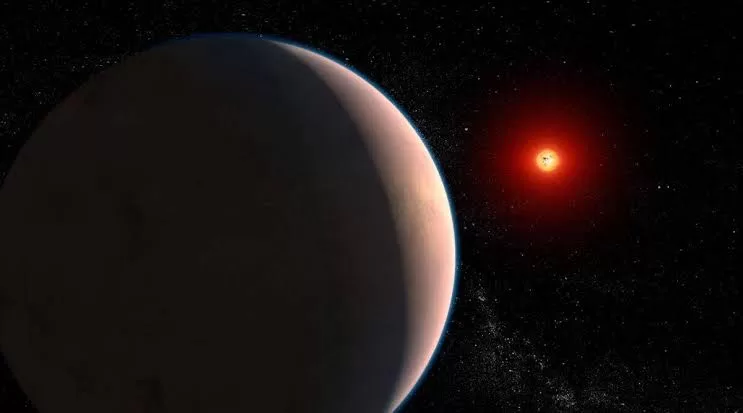The James Webb Space Telescope has found water vapor in the atmosphere of WASP-18 b, a hot Jupiter-sized exoplanet that orbits its star in just 23 hours. The discovery was made possible by Webb’s high-precision infrared spectroscopy, which allowed scientists to study the chemical composition of the planet’s atmosphere in unprecedented detail.
WASP-18 b is located about 400 light-years from Earth. It is a gas giant that is about 10 times the mass of Jupiter. The planet has an extremely hot and dense atmosphere, with temperatures reaching up to 5,000 degrees Fahrenheit. Despite the extreme conditions, Webb was able to detect the presence of water vapor in the atmosphere.
The discovery of water on WASP-18 b is significant because it suggests that the planet may have the ingredients necessary for life. Water is essential for life as we know it, and its presence on WASP-18 b suggests that the planet may be habitable.
However, it is important to note that WASP-18 b is not a twin of Earth. The planet is much hotter and denser than Earth, and it is located much closer to its star. These conditions make it unlikely that WASP-18 b could support life as we know it.
Nevertheless, the discovery of water on WASP-18 b is a significant milestone in the search for life beyond Earth. It is the first time that water vapor has been detected in the atmosphere of a hot Jupiter-sized exoplanet. The discovery suggests that hot Jupiters may be more habitable than previously thought, and it opens up new possibilities for the search for life beyond Earth.

